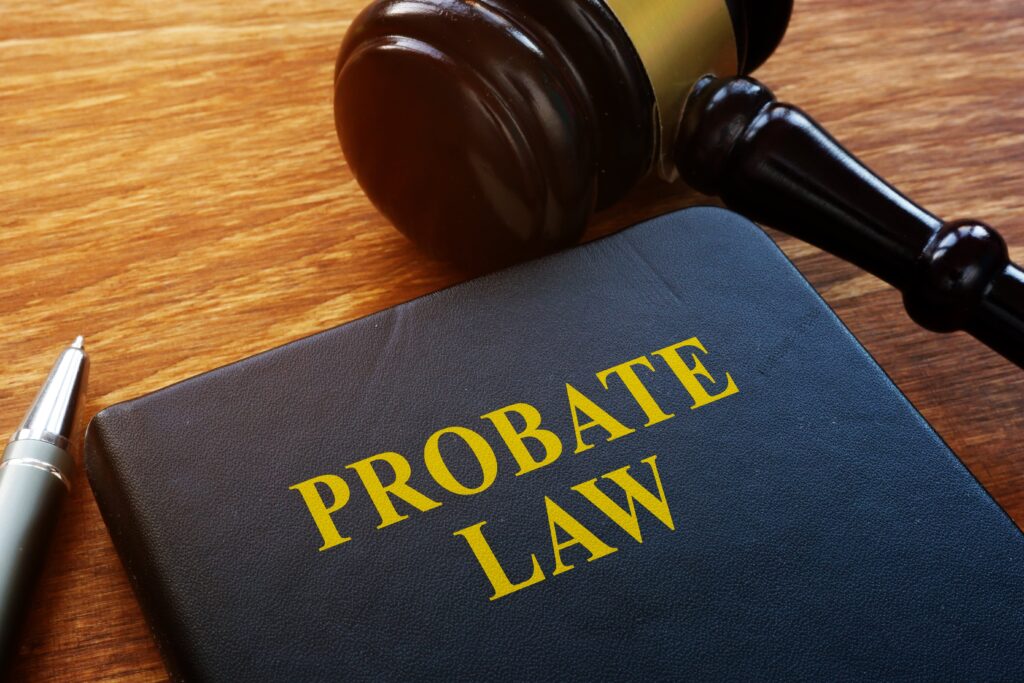Latest Posts
Probate
What is Probate?

So what is the dreaded “probate” that all seek to avoid. Probate is the legal process under Court Orders signed by a Judge which transfers assets held in the name of a deceased person to their lawful heirs. When a person dies and enters the probate process, we describe their assets as their estate. Probate has different types to distribute assets to the deceased person heirs. The probate process and can be used when someone dies with a Last Will and Testament, which means they die testate or the person dies without a Last Will and Testament, which is called intestate. No matter intestate or testate, the probate court and judge will be involved and help ensure the assets are distributed to the right people.
How an Asset is Titled Determines if a Probate Process is Required
Florida law has three primary ways in which assets can be transferred to the heirs of a deceased person. However, be alert as in many cases a probate is not required and it is important to determine how the asset is titled at death.
The probate process is only applied to assets which are titled in the name of the person who died, or what is called the decedent’s, name alone. As an example, if your mother dies owning a bank account in her own name, with no beneficiary and/or not jointly held, then that account would need to have probate process to pass to her heirs. If that same bank account is titled with your sister and your mother as joint owners or your sister is the POD (Payable on Death) beneficiary, then the bank account will not require probate.
Types of Probate and How to Determine What Type of Probate You Need to File
Florida law has three ways in which assets can be transferred to the heirs of a deceased person. Some types require an attorney to represent you and other types you are allowed to represent yourself and are not required to hire attorney
Option #1: Disposition of Personal Property without Administration.
This type of probate proceeding is used less frequently than the other types described below but this the Disposition proceeding is very effective for estates are smaller in value and can be filed without the need to hire an attorney. This process is usually reserved for lower value estate of $6,000.00 or less and when a person has paid expenses on behalf of the person who died such as funeral or cremation or last sixty days of illness or hospital expenses which do not exceed an amount of $6,000.00.
Option #2: Summary Administration
This type of probate proceeding is an expedited probate proceeding which is filed all at one time either one and used for a smaller estate valued below $75,000.00, not counting the value of the homestead property. This type of proceeding does not require you to hire an attorney to file the summary administration pleadings but some clients do decide to hire an attorney to secure the Orders required. If you want to represent yourself, the County Clerk of the Court usually has a self-help packet available at their office.
Option #3: Formal Administration
This type of probate proceeding is for either larger estates which are valued over $75,000.00, excluding the value of the homestead property owned by the decedent or in some cases for smaller estates which have special issues or unique concerns which means that they do not qualify for the expedited Summary Administration process.
A Formal Administration, unlike the Summary Administration, does require an attorney to represent the Personal Representative of the Estate. A Formal Administration is a longer process than an expedited Summary Administration but has many advantages including the ability to challenge creditor claims, secure more benefits for heirs than a Summary Administration and empower a Personal Representative to secure additional assets to benefit the estate.
Option #4: Curatorship
While not a specific type of Estate Administration, in some cases such as when you lack information about the assets of the Estate or the assets of the estate need special protection, another option is available for the Court to protect the assets of the decedent using a proceeding called a Curatorship. This process requires the Court to appoint a person called a curator and the curator much like a museum curator with a rare art treasure is responsible to care and protect the estate assets until such time, further determination may be made by the Court on the asset distribution. While a curatorship is not used frequently, it is a very effective tool which can be used to help protect assets either for a short term or a longer period if so needed.


